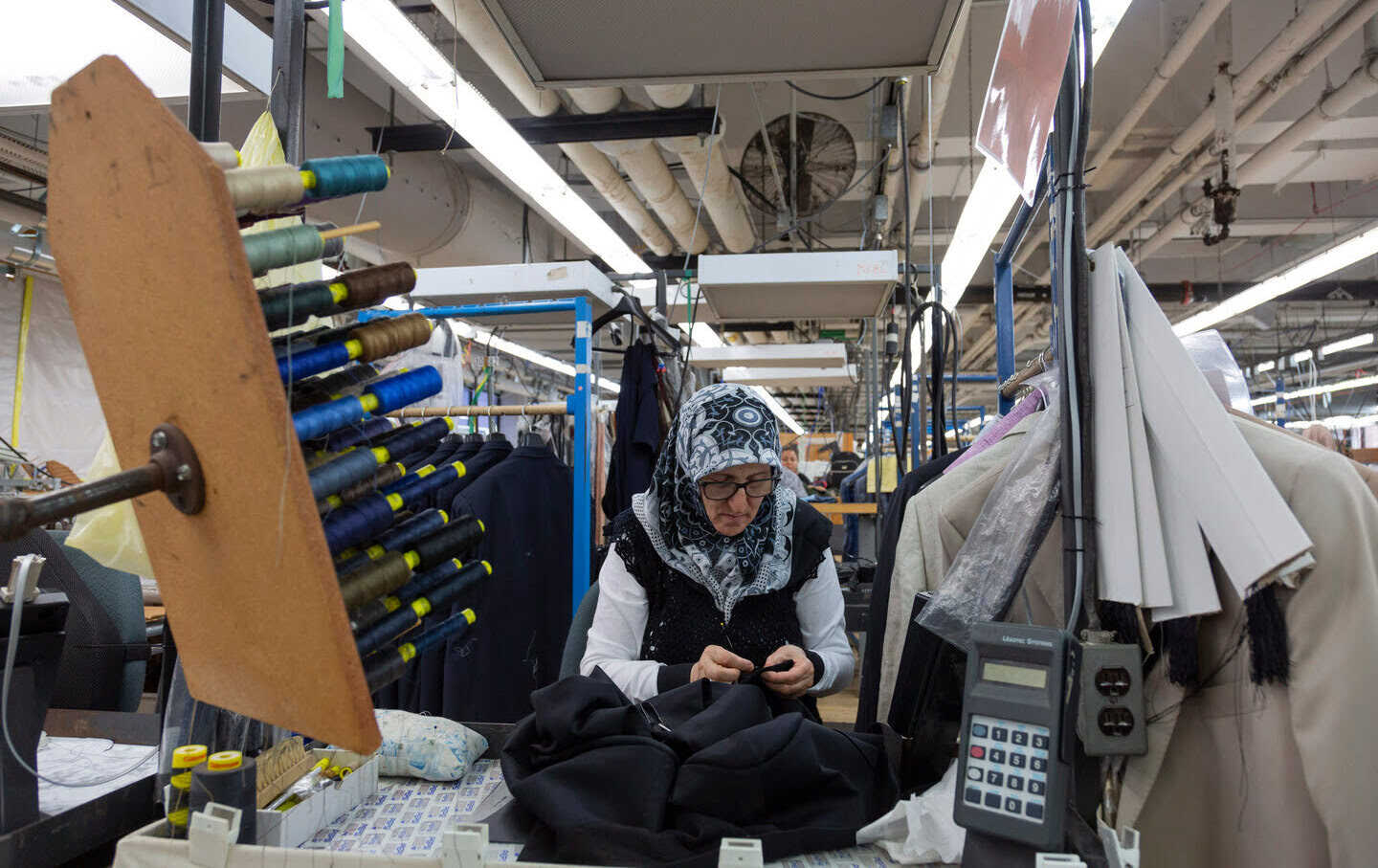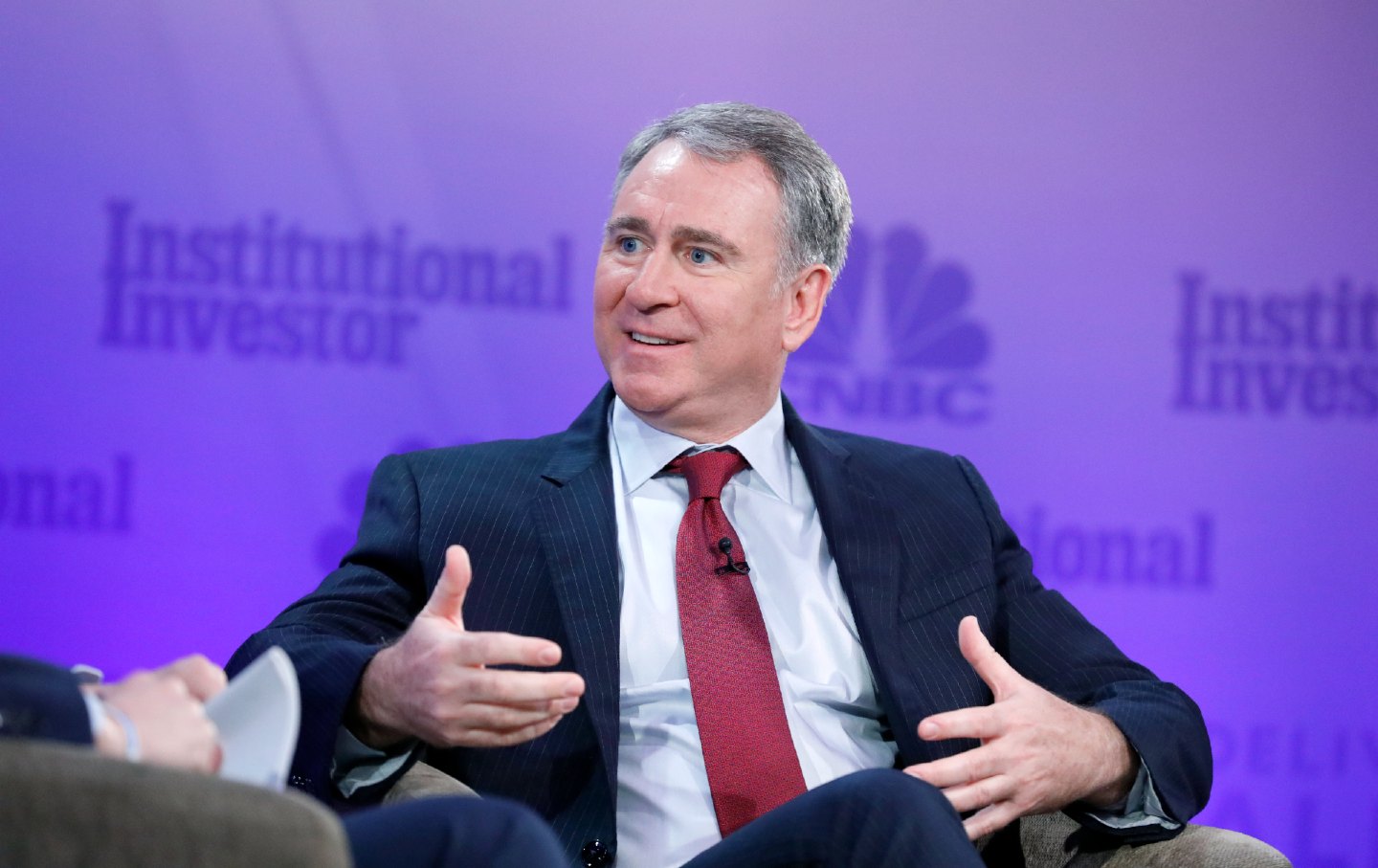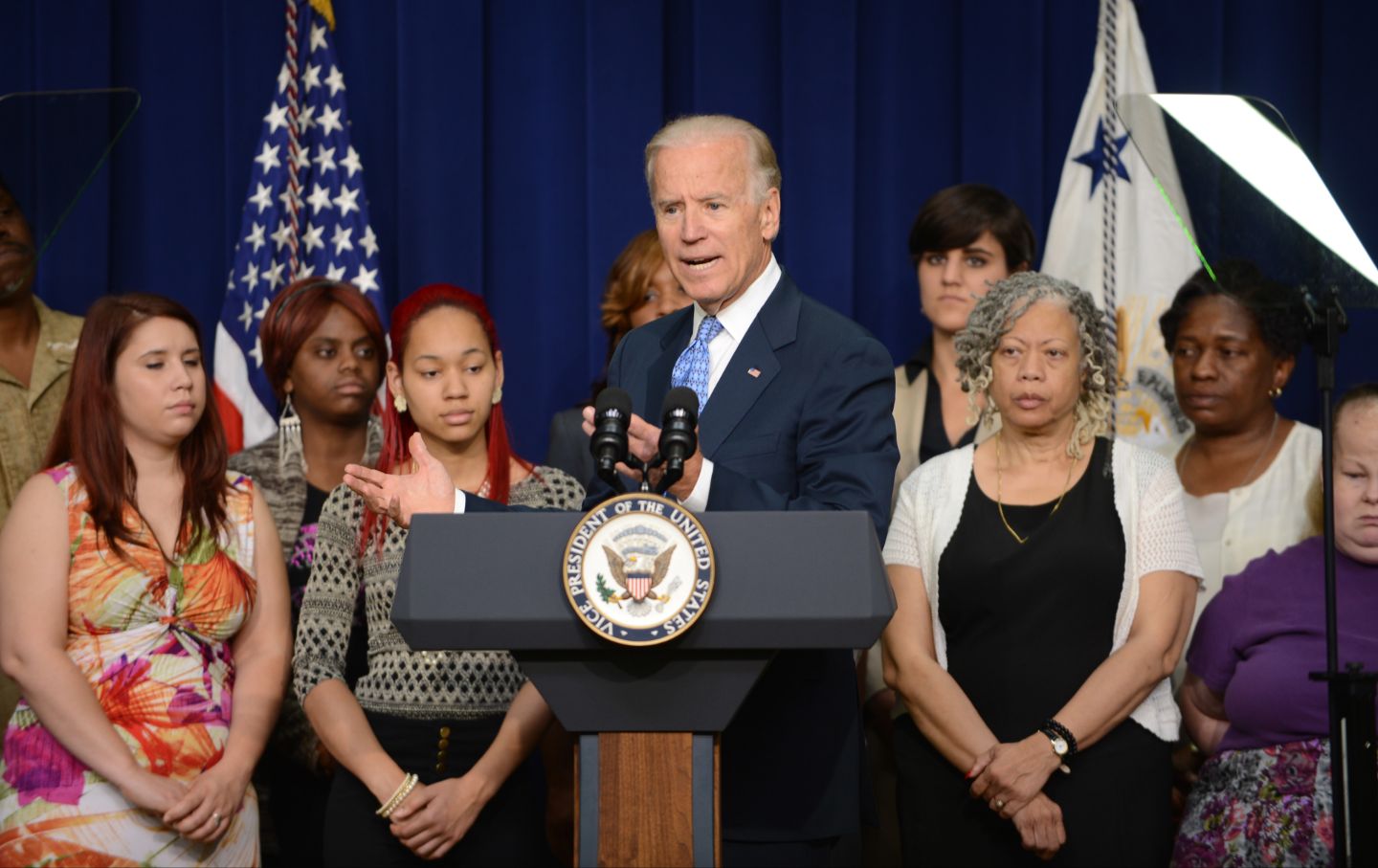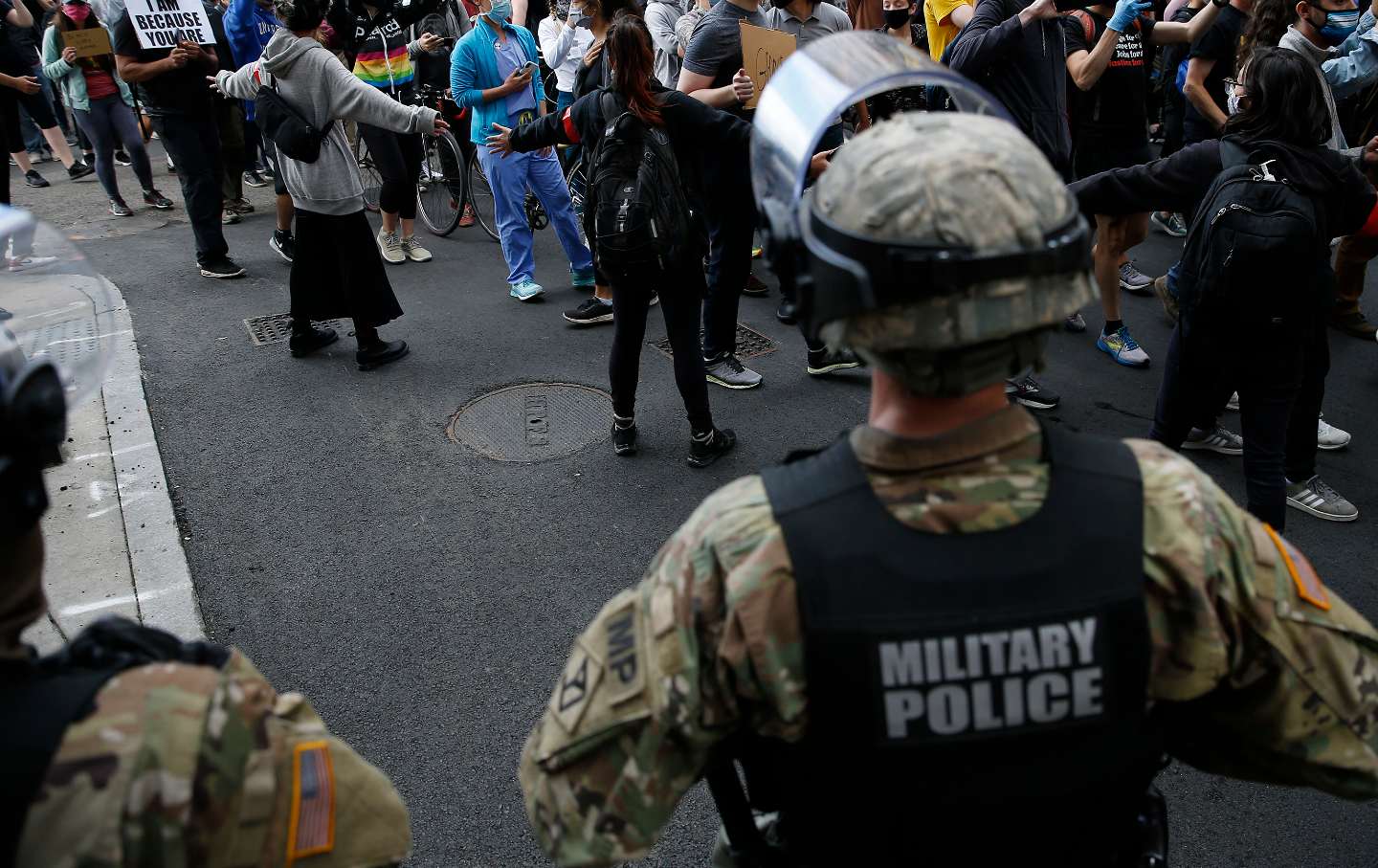America’s Short-Lived Safety Net Has Almost Fully Unraveled
The American Rescue Plan created unprecedented programs protecting parents and young children, renters, and childcare providers. Now they are almost entirely gone.

When Joe Biden took office, he didn’t just take aggressive steps to contain the Covid-19 pandemic; through the American Rescue Plan, signed into law in March 2021, he wove together one of the strongest safety nets the country has ever seen. But now, only two years later, that net has rapidly unraveled. The ARP expanded the existing child tax credit, offering it to those who earn little to nothing for the first time and giving them more money while paying it out monthly instead of once a year at tax time.
Couples who earned less than $150,000, or individuals who earned less than $75,000, received $300 a month for each child under the age of 6 and $250 for older ones. The payments helped reduce the child poverty rate in 2021 to the lowest on record, lifting 5.3 million people out of poverty. Hunger and hardship also fell significantly.
The ARP also included $21.55 billion in assistance to help people pay the rent they owed, coming on top of $25 billion in a Covid stimulus bill at the end of 2020. That infusion of funding followed two eviction moratoriums: One, enacted by Congress, was in effect from March to July 2020; the other, issued in September 2020 by the Centers for Disease Control and Prevention, was struck down by the Supreme Court in August 2021. The moratoriums and the rental assistance led to the largest drop in eviction filings ever recorded, preventing at least 1.36 million eviction cases in 2021. People who were able to get federal rental assistance were more likely than those who didn’t get aid to stay in their own home instead of moving in with family or friends or becoming homeless.
The package also spent $39 billion to aid the childcare sector, including $24 billion in stabilization grants that went directly to keeping providers open. The pandemic hit the childcare industry particularly hard, and nearly 16,000 providers had closed their doors by early 2021 in the face of lower enrollment and staffing challenges. But by July 2021, federal stabilization grants had prevented nearly 75,000 providers from closing and had preserved more than 3 million spots for young children; as of the end of last year, 200,000 providers had received grants.
All of these were unprecedented efforts. Prior to the ARP, there had been scant federal assistance for people who couldn’t afford rent, and no program before had given tenants money to pay debts. The ARP investments represented the single largest federal expenditure on childcare in American history. And the expanded child tax credit created, for the first time, a child benefit similar to those offered by 23 other countries.
But Biden’s social spending regime was enacted on an emergency basis as a way, we were told, to combat the pandemic, not as a way to protect Americans from the ordinary ups and downs of a market economy. As the emergency has ebbed, most of this progress has been erased, and the remaining efforts are about to dry up, too. The child tax credit payments sunsetted at the end of 2021, and Congress hasn’t been able to reinstate them. The child poverty rate spiked 41 percent the very next month. The rental assistance has been spent, and that, coupled with the lifting of eviction moratoriums, led to a nearly 80 percent rise in eviction filings last year in the states and cities tracked by Princeton’s Eviction Lab. Filings have even surpassed pre-pandemic rates in a number of places. The ARP’s childcare funding will expire at the end of September, and 70,000 programs are expected to close, leaving 3.2 million children without care. Those that manage to stay open are likely to raise rates, at a time when household costs are skyrocketing.
A strong economy and tight labor market have been saving graces, allowing many households to earn enough to stay afloat. But cracks are showing. Pandemic safety net spending allowed Americans to accumulate a buffer of savings, but it’s now dwindling and could run out entirely this fall. The share of adults who reported that they were “doing okay” financially dropped sharply during 2022; by the end of the year, that share was only a percentage point higher than it was just after Covid hit, in April 2020. Biden seized the pandemic crisis to push through programs that the country has long desperately needed—and then let them fade away, leaving Americans once again to fend for themselves.








